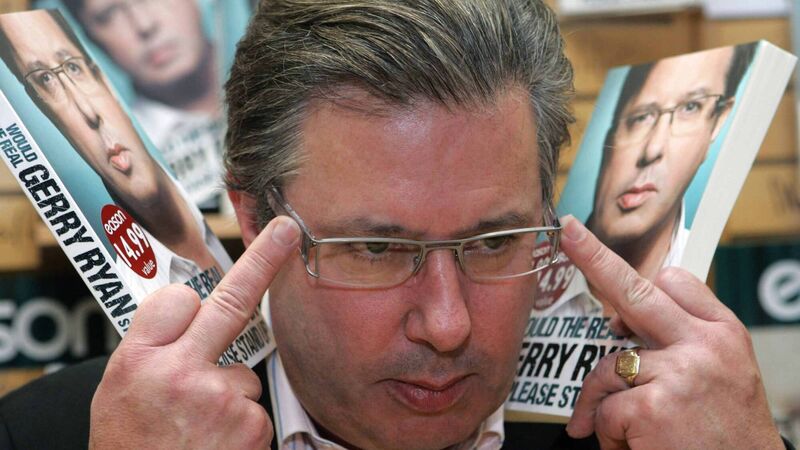Gareth O'Callaghan: Fifteen years on, Irish radio is still trying to replace Gerry Ryan — and failing

Radio and Television Presenter Gerry Ryan in Eason’s for the signing of his autobiography.
As rewarding as it can be, a career in radio is not only fraught with risks and self-doubts, it can be cruel.
The higher you climb, the more solitary the ascent becomes; and in the event your ratings drop like flies, the harder the fall is likely to be. As Ray D'Arcy was reminded recently, everyone is expendable.















